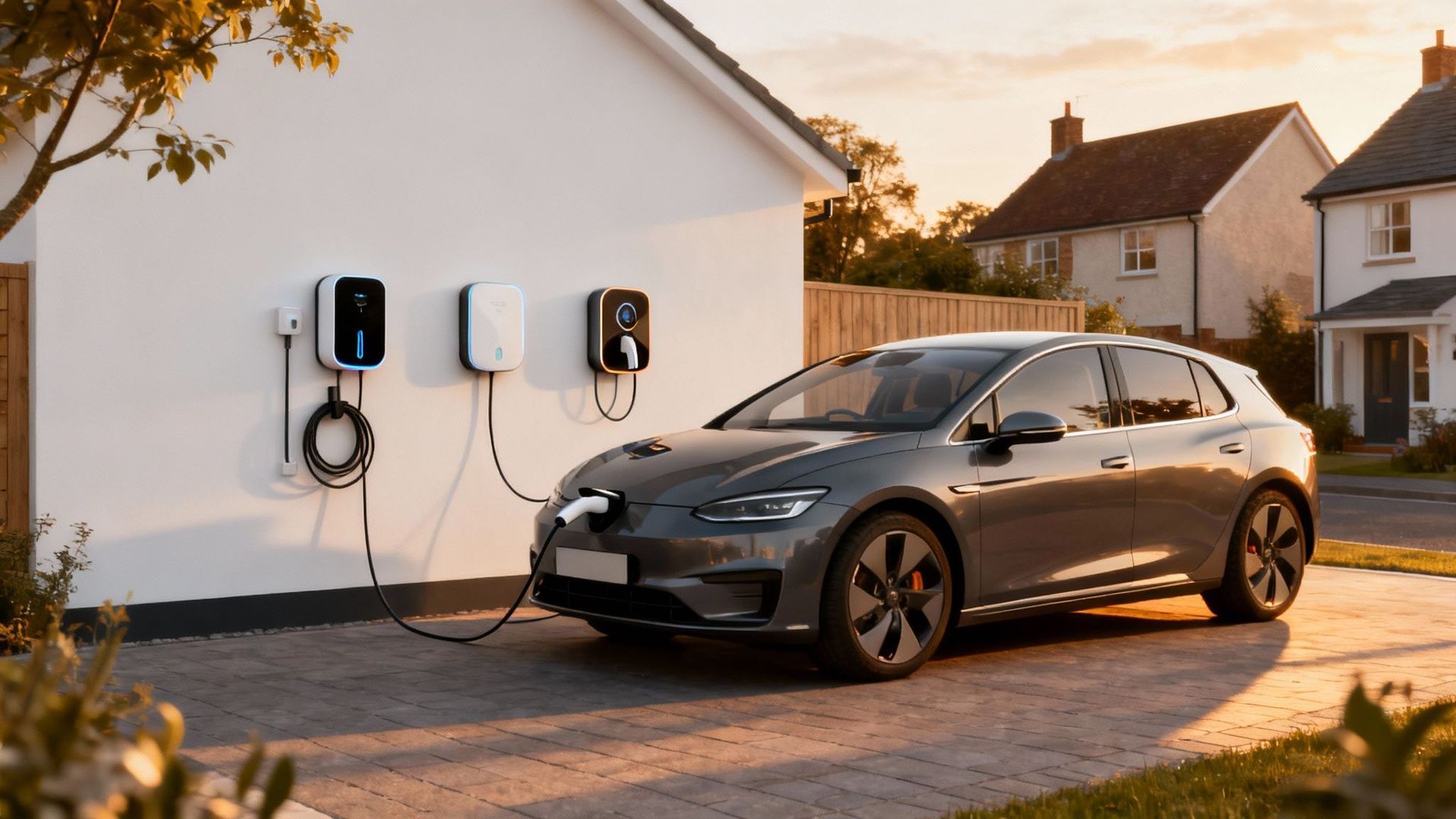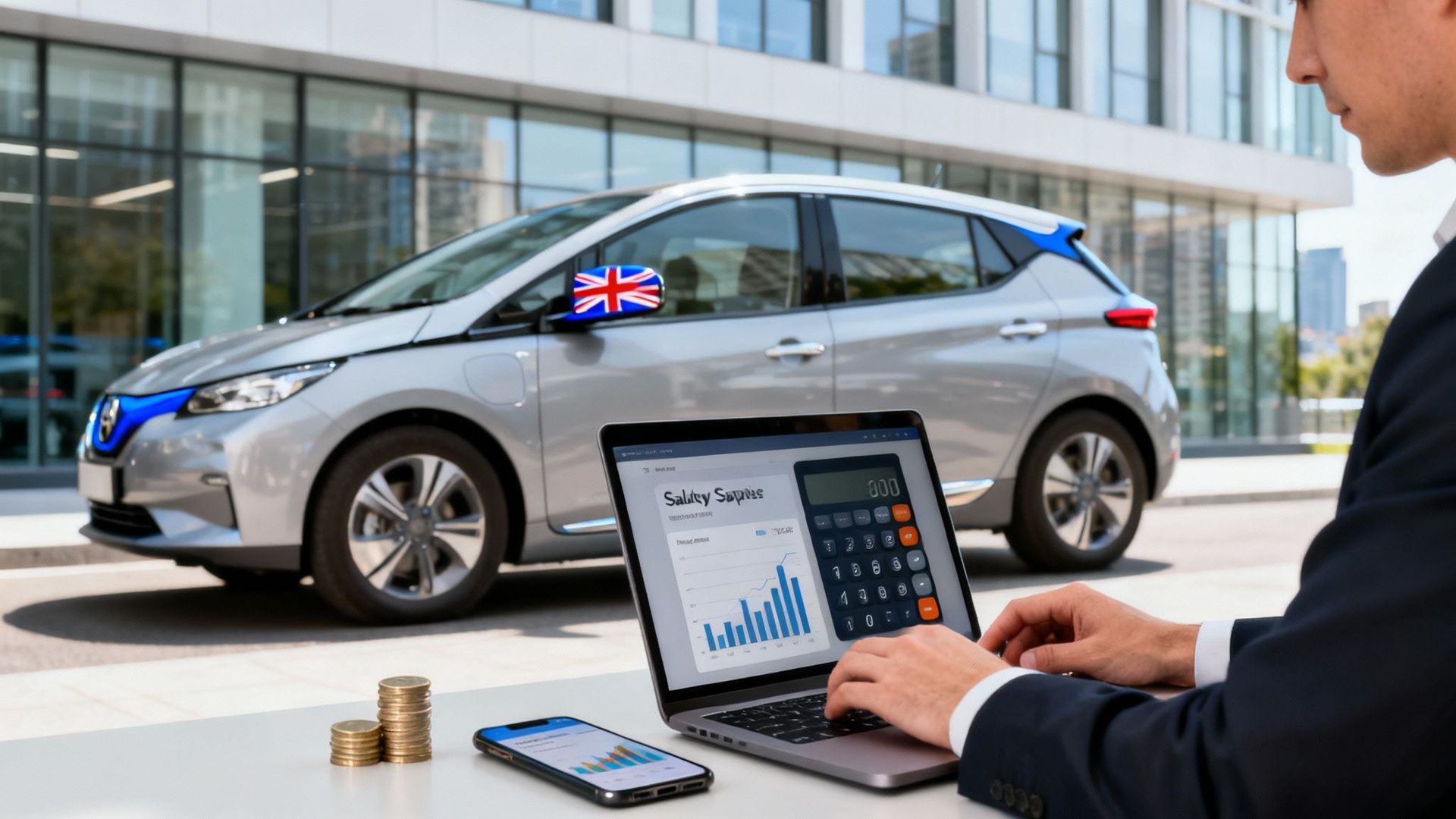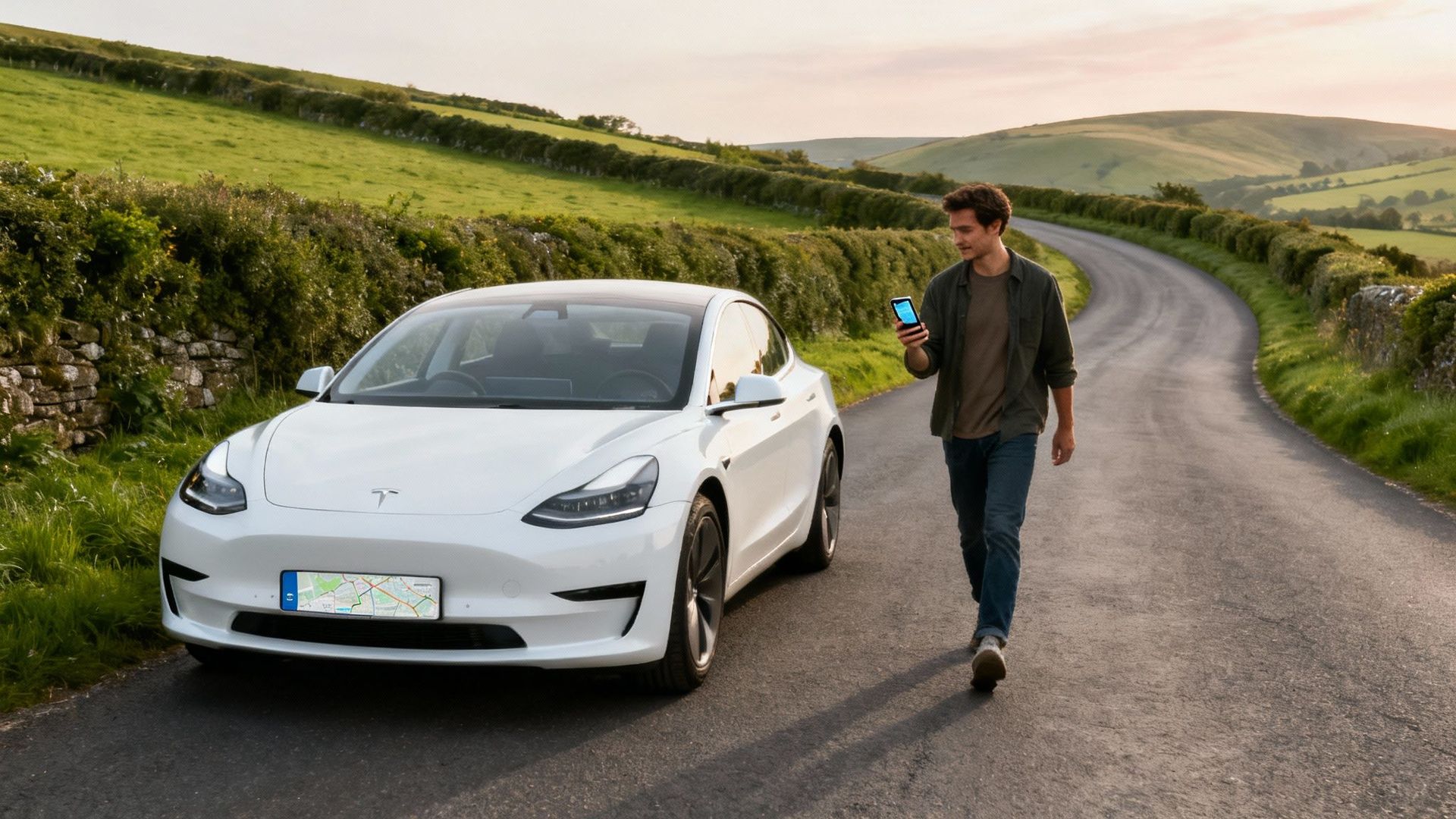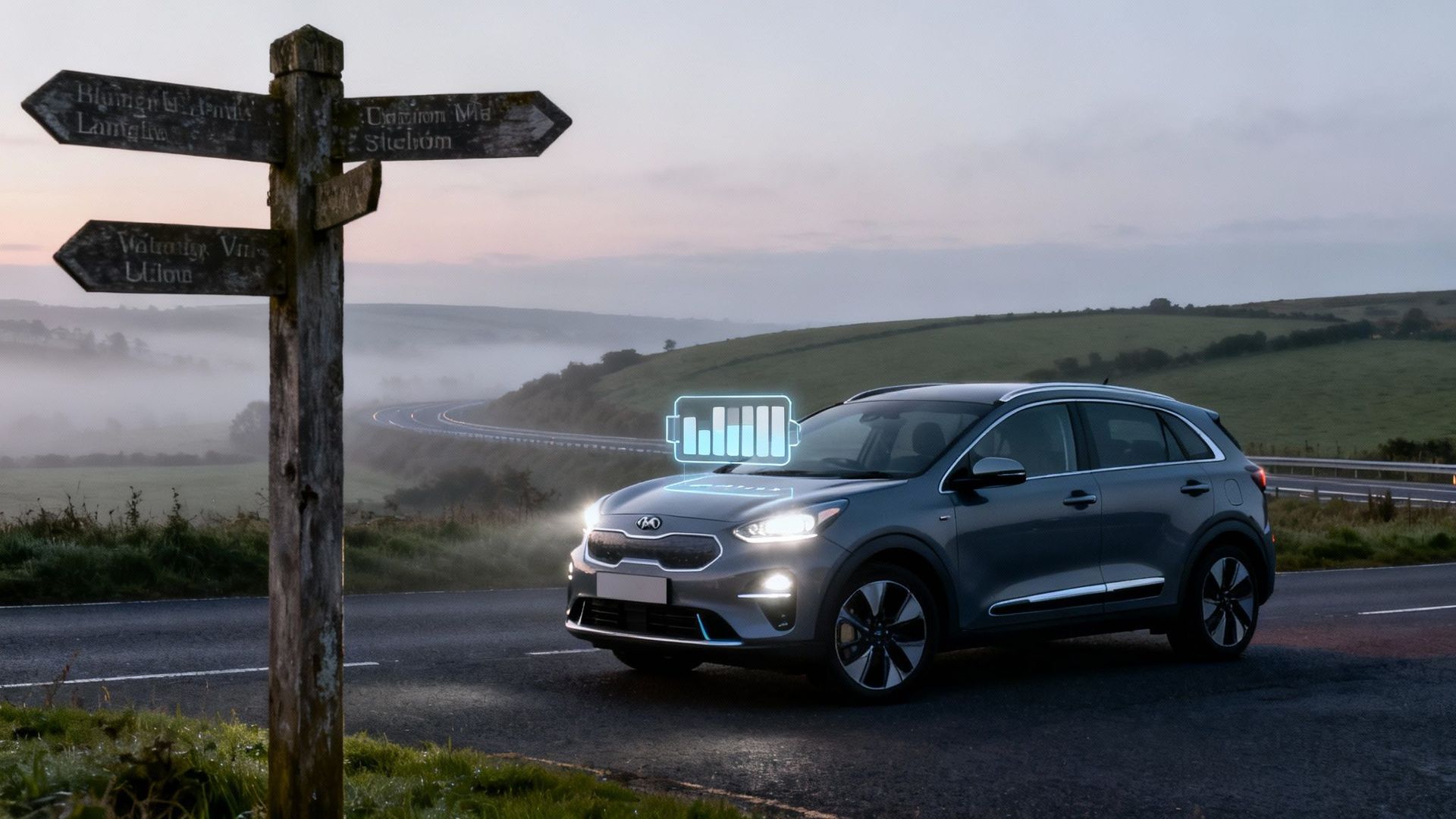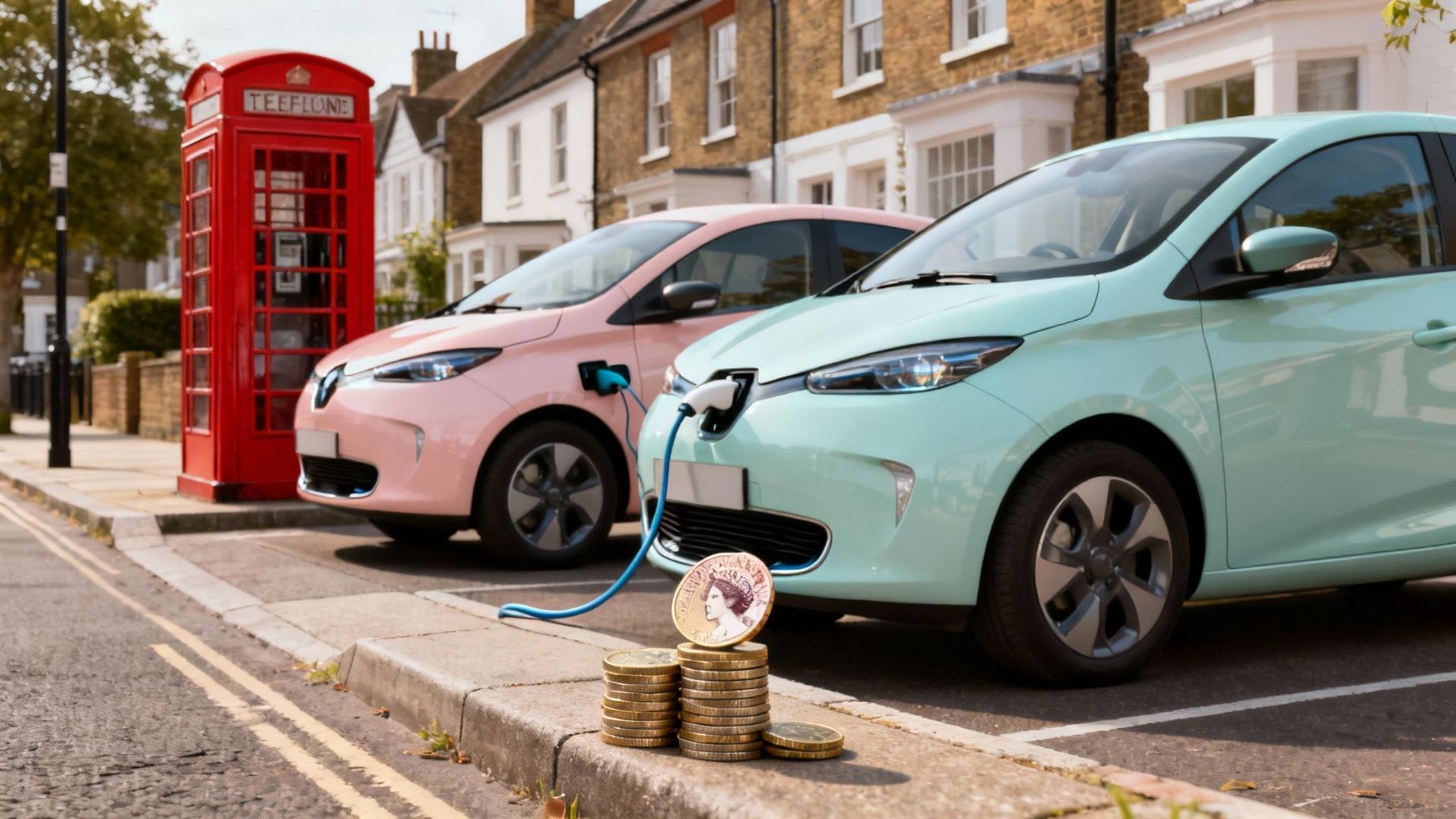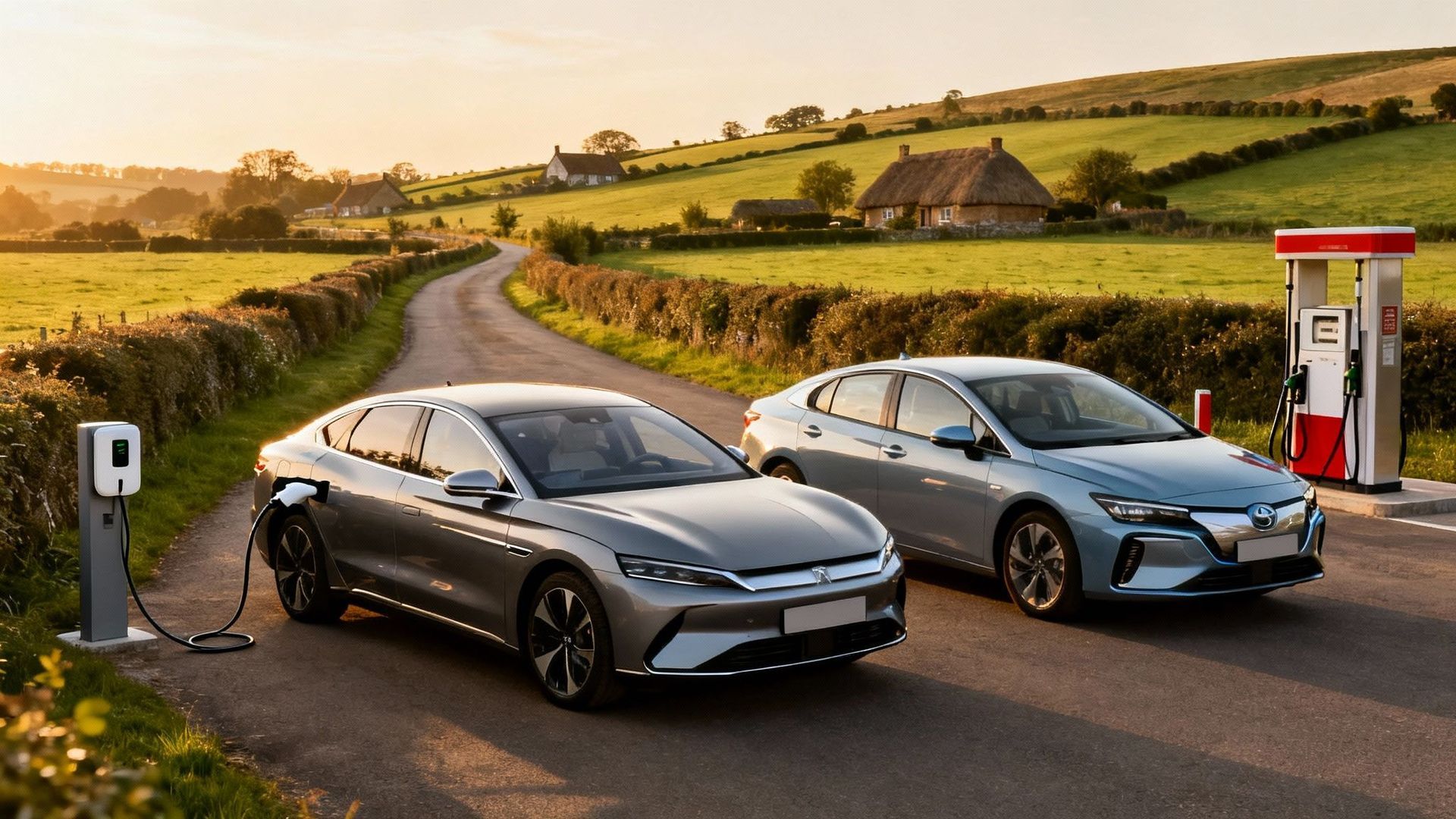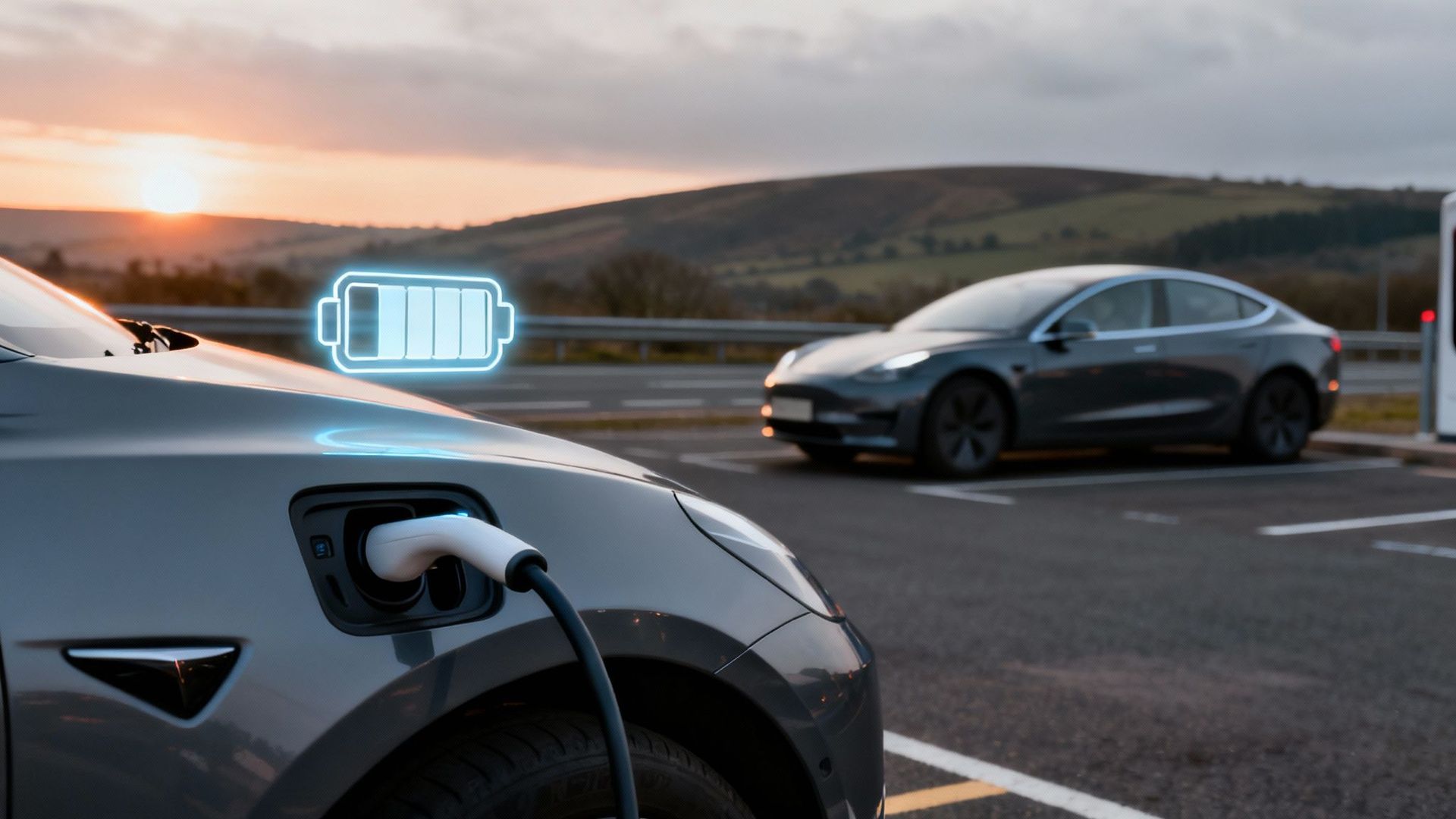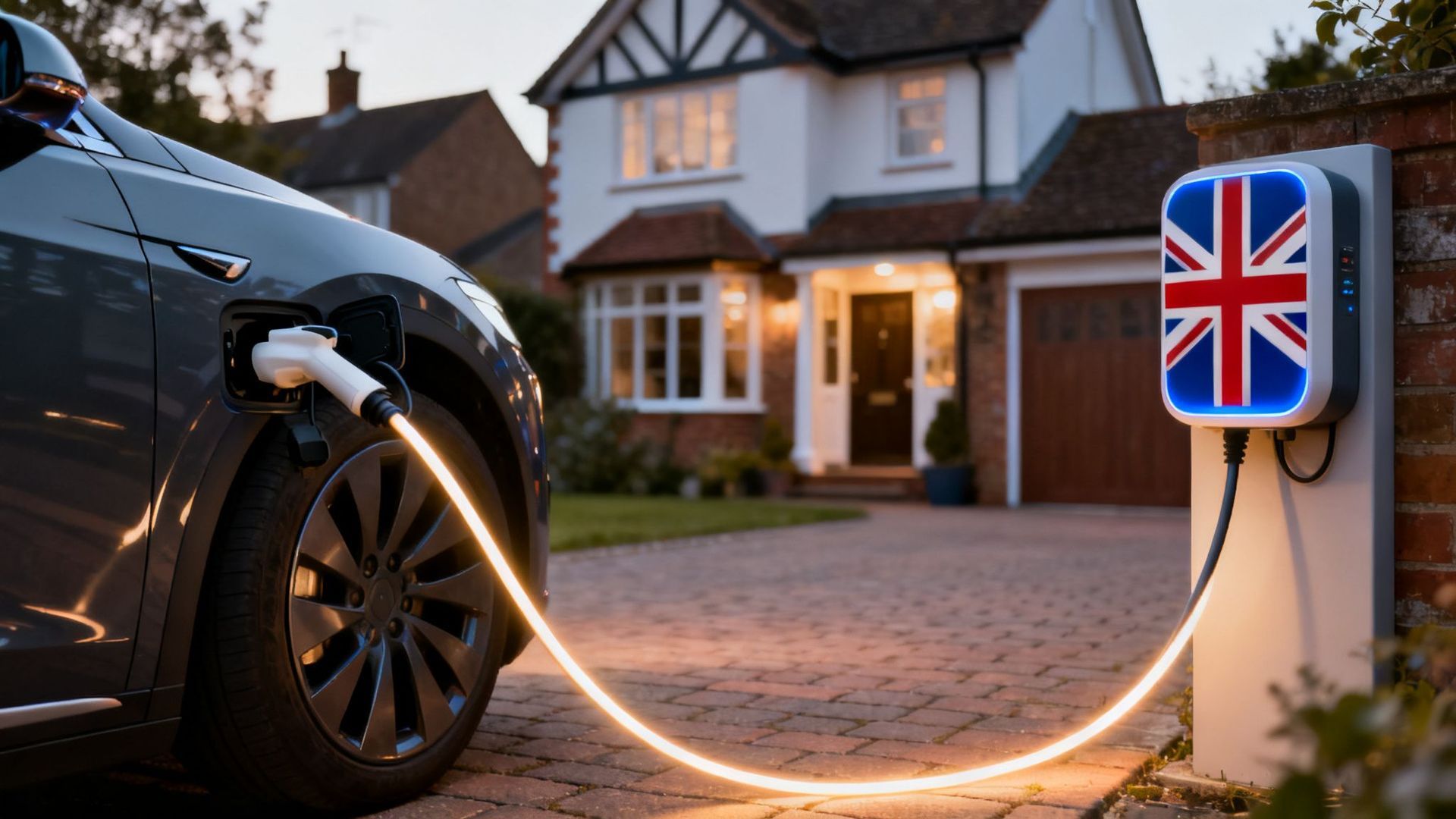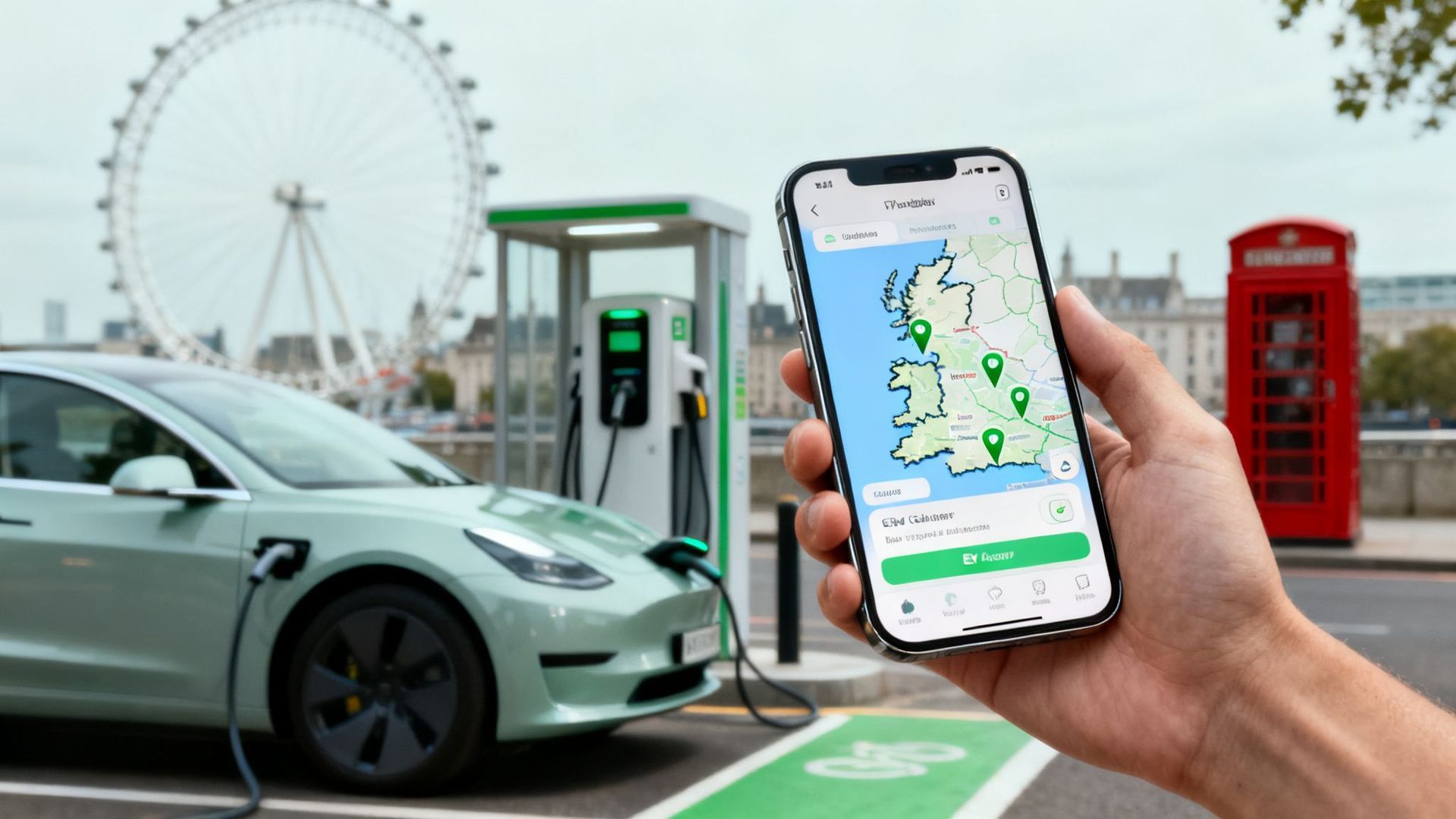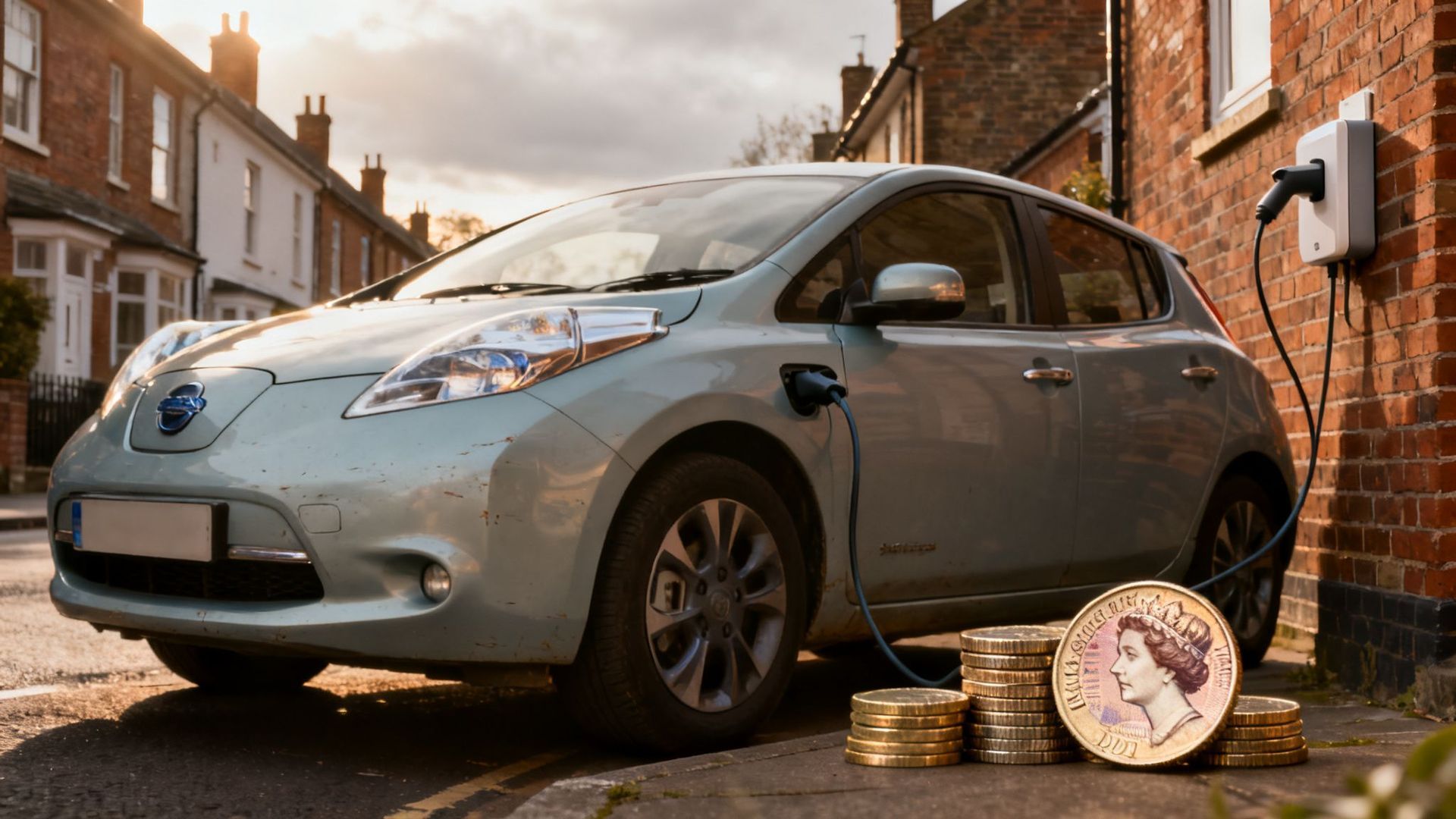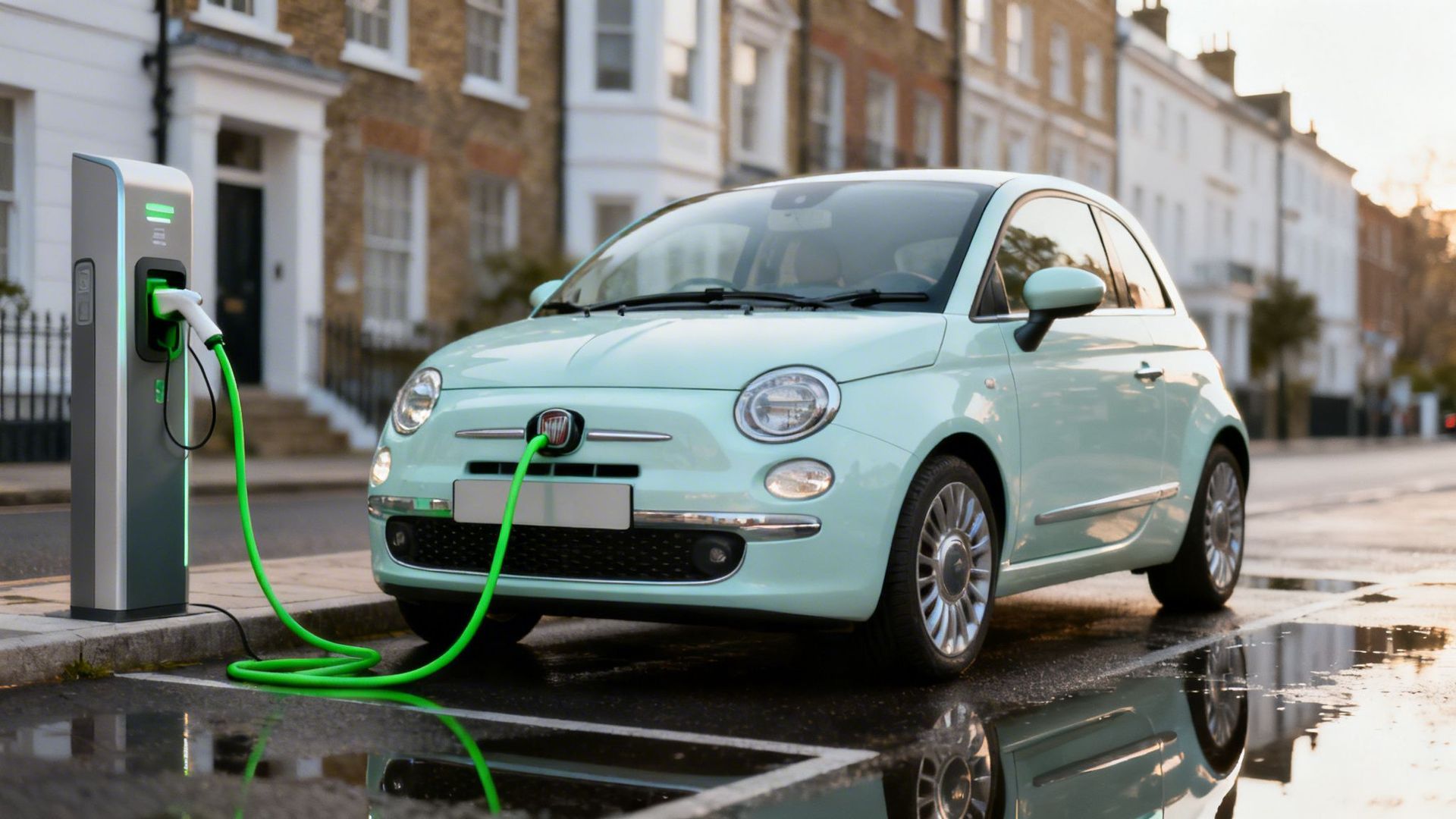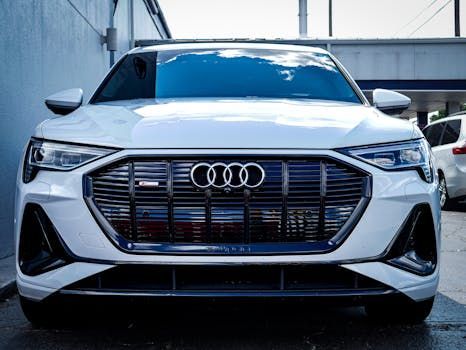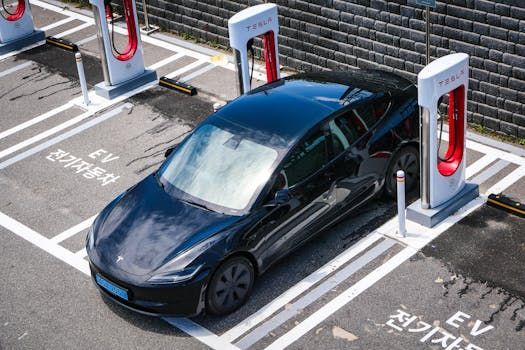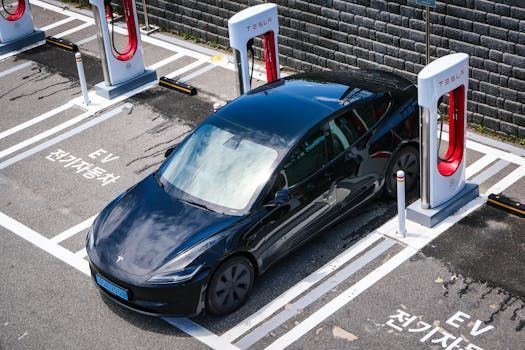The Rise of Subscription EV Models: What It Means for Dealers
How vehicle subscription services are redefining dealership roles in the electric mobility era

The Evolution of Car Ownership in the Electric Age
The automotive sector is undergoing rapid transformation, with electric vehicles at the centre of change. Alongside the shift from internal combustion to battery power, a new model of vehicle access is emerging: EV subscriptions. Instead of purchasing or financing a car, users pay a regular monthly fee to drive an electric vehicle, often with added services such as maintenance, insurance and breakdown support.
This subscription approach mirrors broader consumer trends favouring access over ownership. As digital platforms streamline the process and vehicle technology improves, the subscription model is beginning to influence how dealers operate and how customers interact with electric vehicles.
Why EV Subscription Models Are Gaining Ground
The popularity of subscription services is being fuelled by several key factors:
- Convenience: Customers benefit from a single monthly payment that often covers the vehicle, servicing and roadside assistance.
- Flexibility: Subscription terms are typically shorter than lease or finance agreements, allowing customers to switch vehicles more often.
- Lower Entry Barriers: Minimal upfront costs make EV access more attainable, especially for those hesitant about long term commitments or depreciation.
- Alignment with Sustainable Values: Many users are attracted to electric vehicles for environmental reasons and see subscriptions as a flexible way to support sustainable transport.
This model appeals to urban dwellers, younger drivers and tech savvy consumers who prioritise ease of use and financial transparency.
How the Subscription Shift Impacts Car Dealers
The rise of EV subscriptions presents significant challenges and opportunities for dealerships. While the traditional model of selling or financing vehicles remains, its dominance may start to wane as more consumers opt for short term mobility solutions.
Reduced Dependence on One Off Transactions
Dealerships have long relied on vehicle sales as their primary source of revenue. Subscription models introduce recurring income streams, but they also require a shift in how success is measured and maintained. Selling becomes less about a one time transaction and more about managing long term service provision.
New Operational Requirements
Subscription fleets demand continuous attention. Dealers must handle scheduling, vehicle rotation, condition checks and customer support. This requires investment in systems, staff training and logistics to ensure smooth delivery and collection processes.
A Different Customer Relationship
Where traditional models centre on closing the sale, subscription models require a focus on customer retention. Dealers must keep subscribers satisfied month after month, responding quickly to issues and adapting services to meet changing preferences.
Potential for Manufacturer Competition
As vehicle manufacturers begin to offer subscription services directly to customers, some dealers may find themselves bypassed. The most resilient dealers will be those who can demonstrate added value, local expertise and strong customer service capabilities.
Opportunities Created by EV Subscriptions
While the challenges are real, EV subscriptions also offer dealers a chance to diversify and grow.
- Targeting a New Audience: Subscription models are particularly attractive to younger professionals, business travellers and those interested in trying electric vehicles without long term commitment.
- Building Long Term Loyalty: Regular interactions with customers create more touch points for brand engagement, leading to stronger relationships and upselling opportunities.
- Generating Insights Through Data: Ongoing vehicle use generates valuable information about customer habits, vehicle performance and service needs, which can guide future business strategy.
- Enhancing Fleet Management Capabilities: Dealers who build strong systems for managing subscription fleets may also find new opportunities in corporate car sharing or mobility as a service offerings.
Preparing for an Electric and Subscription Focused Future
The combination of rising electric vehicle adoption and changing consumer attitudes means that dealerships cannot afford to ignore the subscription model. Adapting early allows businesses to explore new revenue streams and test alternative approaches before wider market shifts take hold.
Success in this space will depend on several key factors:
- Digital Integration: Platforms that allow users to browse, select and manage subscriptions online will become essential.
- Fleet Availability and Quality: Maintaining a varied and well-kept fleet of electric vehicles will be critical to keeping customers engaged.
- Aftercare and Service Delivery: Ongoing support and fast response times will determine whether customers renew their subscriptions or look elsewhere.
- Partnership Models: Dealers may benefit from working alongside manufacturers or third party platforms to scale their offerings.
Conclusion
Electric vehicle subscription models are more than a passing trend. They reflect a broader transformation in how people think about mobility, ownership and environmental responsibility. For dealers, they present a chance to redefine their role, diversify income and build lasting relationships with a new generation of drivers. Embracing the subscription model today could help ensure relevance and resilience in the automotive industry of tomorrow.

